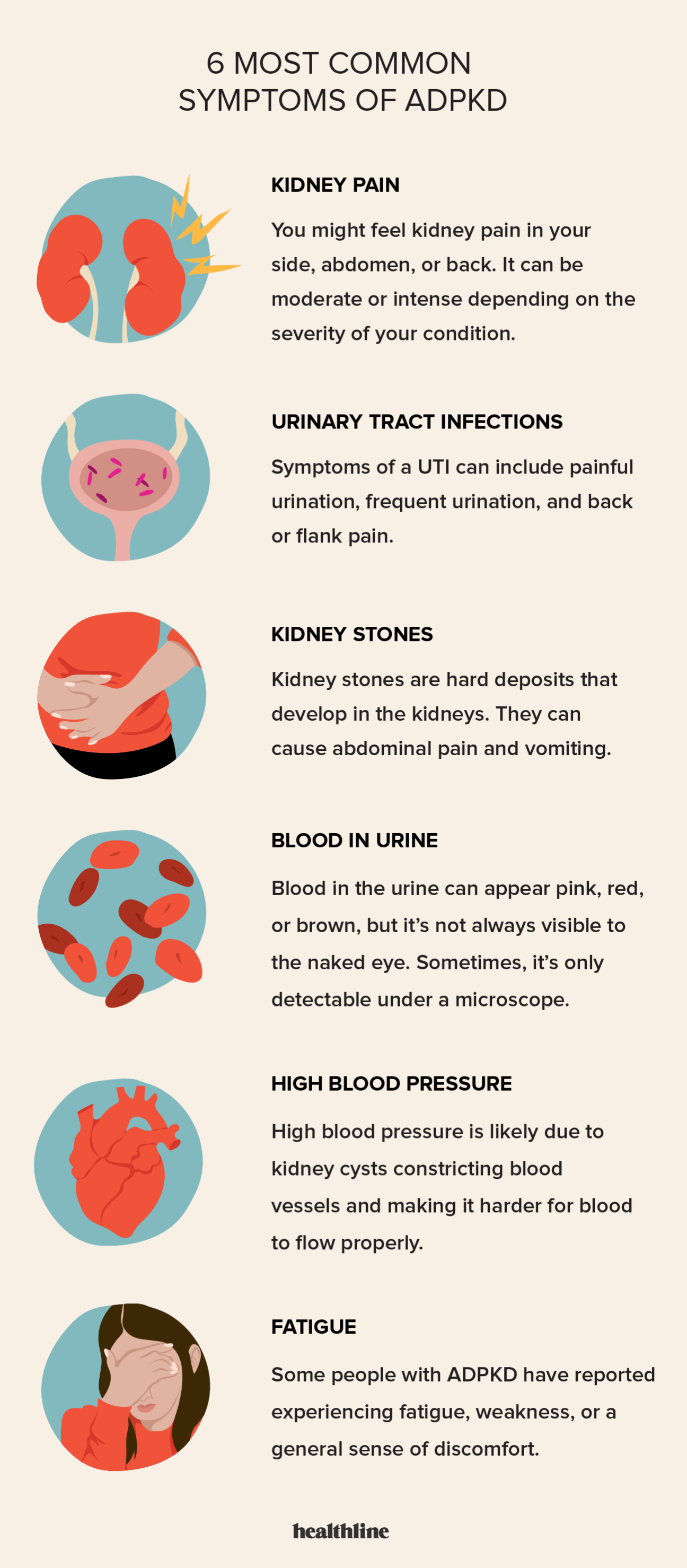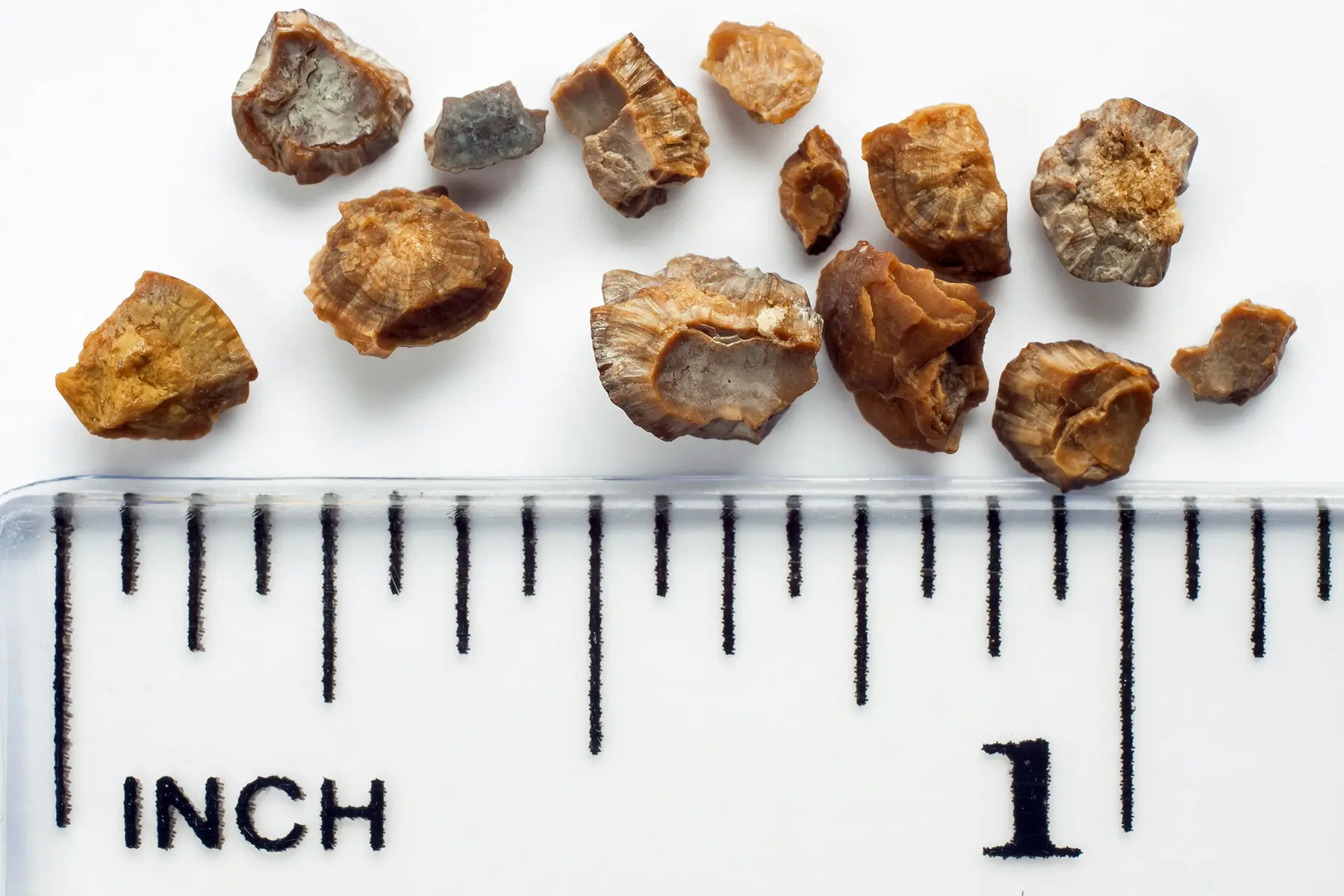Exploring Kidney Stones vs UTI: A Clear Introduction of Reasons, Symptoms, and Treatments
Discovering the Manifestations and Causes of Kidney Stones in Comparison to Urinary Tract Infections: A Comprehensive Overview
The exploration of kidney stones and urinary system infections (UTIs) discloses an intricate interplay of signs and symptoms and underlying causes that require mindful evaluation. What are the key differences in their signs, and how might these notify treatment methods?
Overview of Kidney Stones
Kidney stones, likewise referred to as renal calculi, kind when particular materials in the pee crystallize and aggregate, bring about the advancement of hard down payments within the kidneys. These rocks can vary in size, ranging from a grain of sand to a golf round, and can be composed of numerous products, one of the most common being calcium oxalate, uric acid, struvite, and cystine. The formation of kidney rocks is affected by numerous factors, including dietary habits, liquid consumption, and hereditary predisposition.
Symptoms of kidney rocks might consist of severe discomfort in the back or side, blood in the pee, queasiness, and constant peeing, specifically as the rock relocates with the urinary system. Medical diagnosis typically includes imaging researches such as ultrasound or CT scans, together with urinalysis to identify the stone's structure.
Therapy options differ based on the dimension and kind of stone, along with the seriousness of signs and symptoms (Kidney Stones vs UTI). Small stones may pass naturally with raised liquid intake, while larger rocks might need medical interventions such as lithotripsy or medical elimination. Understanding the pathophysiology and risk factors related to kidney rocks is crucial for efficient avoidance and administration
Introduction of Urinary System Infections
Urinary system tract infections (UTIs) are usual microbial infections that impact any component of the urinary system, consisting of the kidneys, ureters, bladder, and urethra. They predominantly happen when bacteria, commonly from the intestinal tract, go into the urinary system, leading to swelling and infection.
The prevalence of UTIs is especially higher in ladies than males, mostly because of anatomical differences, such as a shorter urethra. Risk aspects include sex, particular contraceptive techniques, urinary retention, and dehydration. The medical diagnosis of UTIs is usually validated through urine examinations, which may disclose the existence of microorganisms, white blood cells, or red cell.

Signs And Symptoms of Kidney Stones
The pain connected with kidney stones can show up in different ways, typically leading individuals to look for medical attention. One of one of the most typical symptoms is extreme discomfort, typically localized in the lower back or side, which might radiate to the abdominal area or groin. This discomfort, commonly defined as sharp or cramping, can take place suddenly and might change in intensity.
In addition, individuals may experience hematuria, or blood in webpage the pee, which can vary from microscopic amounts to visible discoloration. This symptom may be gone along with by changes in urinary system practices, such as increased frequency or urgency, as well as discomfort during peeing. Queasiness and vomiting are also prevalent, usually arising from the body's response to extreme discomfort.
Sometimes, people might experience high temperature and cools, especially if a secondary infection establishes as a result of the blockage triggered by the stones. On the whole, the combination of serious discomfort, hematuria, altered urinary patterns, and gastrointestinal symptoms can provide considerable understanding into the existence of kidney rocks, warranting prompt medical analysis and treatment. Recognizing these signs and symptoms is crucial for prompt diagnosis and effective administration of the condition.
Signs And Symptoms of Urinary System Tract Infections
Infections within the urinary tract often present a series of distinct symptoms that can dramatically influence everyday life. The most common signs consist of a relentless urge to pee, often accompanied by a burning sensation throughout peeing, known as dysuria. People might additionally experience increased frequency of peeing, creating small quantities of pee each time.
Various other significant symptoms include cloudy or smelly pee, which might indicate the existence of bacteria or pus. Sometimes, urine may show up pink or red due to the existence of blood, a problem called hematuria. Additionally, people might experience pelvic discomfort or stress, which can better aggravate the sensation of seriousness.
Systemic signs and symptoms may also show up, such as high temperature, chills, and exhaustion, especially if the infection has ascended to the kidneys. It is vital to identify these signs early, as untreated go right here urinary system system infections can cause a lot more serious complications. Kidney Stones vs UTI. Motivate clinical interest is recommended when these symptoms are observed, enabling appropriate diagnostic assessment and treatment to ease discomfort and stop additional health and wellness problems
Root Causes Of Each Condition
Regularly, kidney rocks and urinary system tract infections occur from distinctive yet often overlapping reasons that click to read can impact people in a different way. Kidney rocks generally form due to metabolic variables, dietary options, and genetic predispositions. Raised levels of calcium, oxalate, or uric acid in the urine can cause stone formation. Dehydration, insufficient liquid intake, and high-sodium diets can exacerbate these problems, advertising formation within the urinary system system.

Recognizing these distinct causes is important for prevention and therapy. Kidney Stones vs UTI. While way of life modifications might mitigate the danger of kidney rocks, suitable hygiene and timely treatment of urinary system infections are vital for minimizing their reoccurrence and associated difficulties
Verdict
In summary, kidney stones and urinary system tract infections existing unique signs and underlying causes. Kidney rocks are identified by extreme pain and metabolic variables, while urinary system infections mostly involve microbial infections leading to urinary urgency and pain.
The exploration of kidney stones and urinary system tract infections (UTIs) reveals an intricate interaction of symptoms and underlying causes that call for mindful exam.Urinary system system infections (UTIs) are usual microbial infections that influence any type of component of the urinary system, consisting of the kidneys, ureters, bladder, and urethra.Often, kidney rocks and urinary system infections occur from distinct yet occasionally overlapping causes that can influence people differently.In summary, kidney rocks and urinary system system infections existing distinct signs and underlying causes. Kidney stones are defined by serious discomfort and metabolic aspects, while urinary system infections largely include bacterial infections leading to urinary necessity and discomfort.